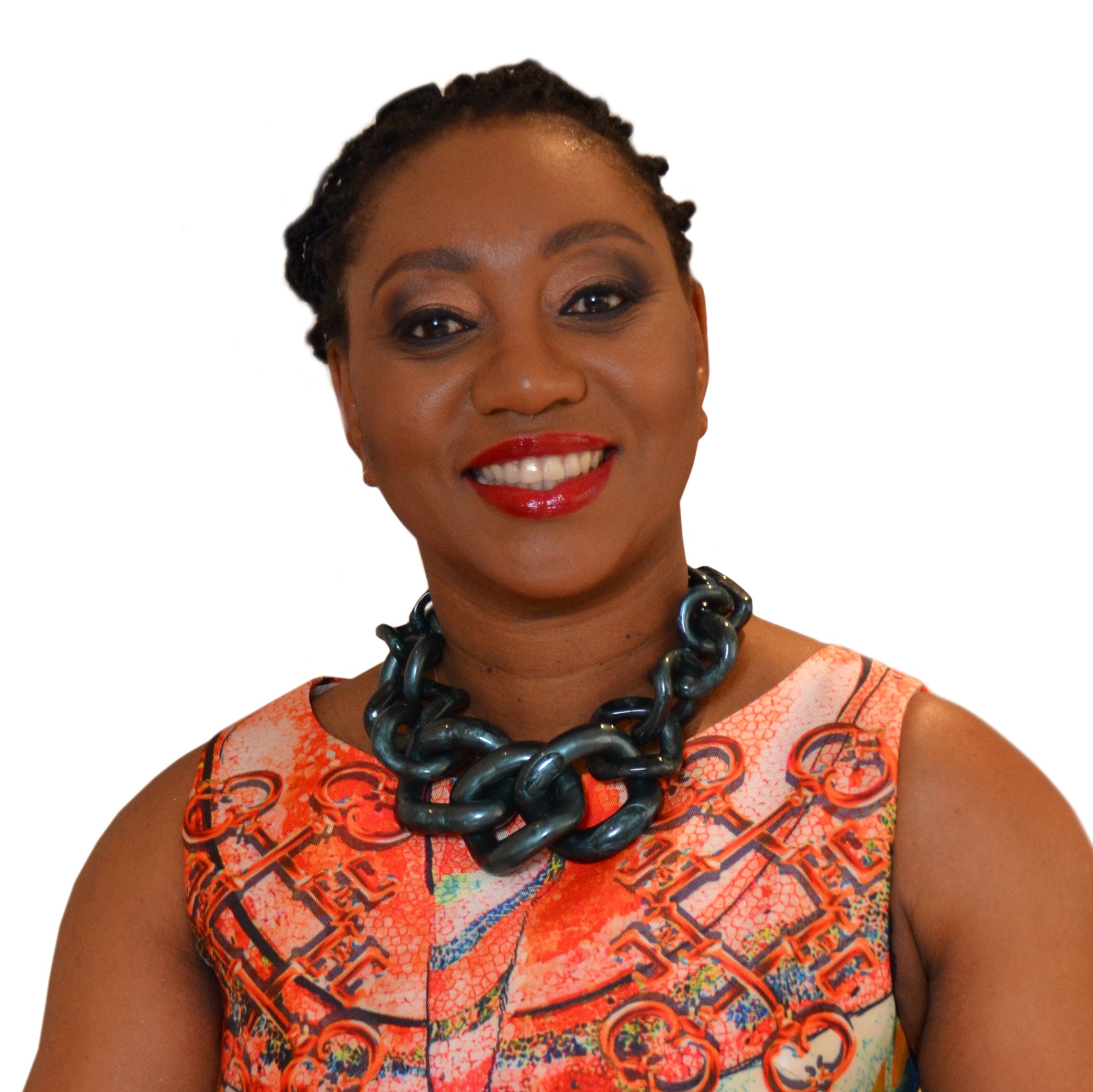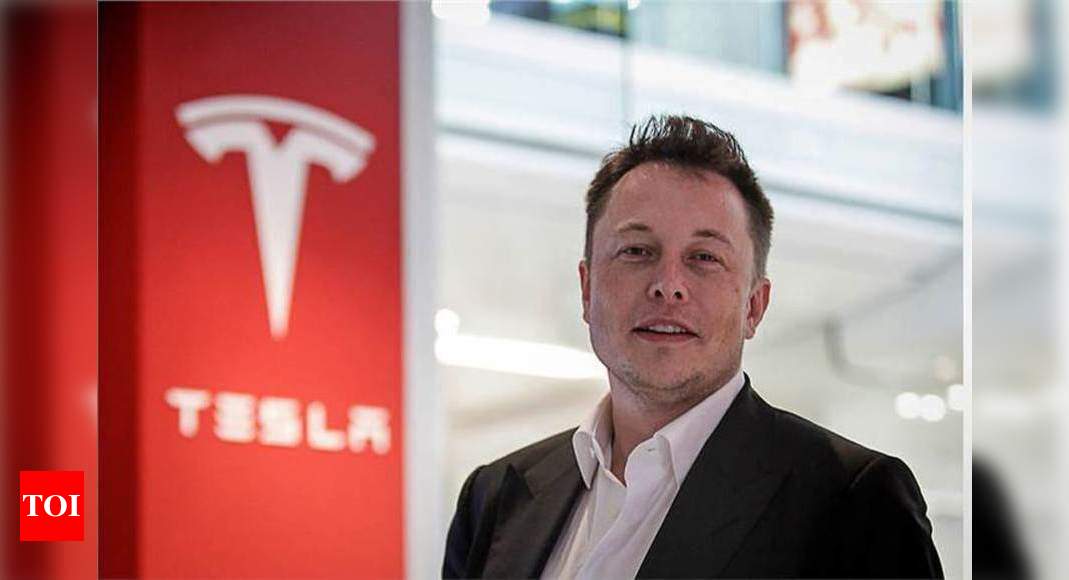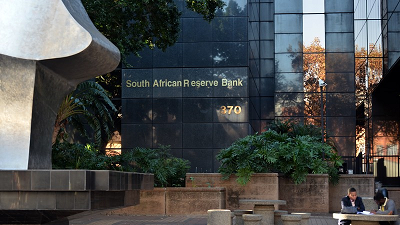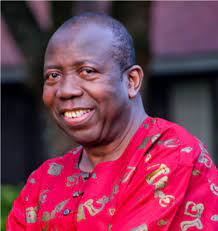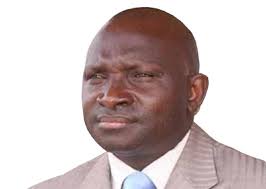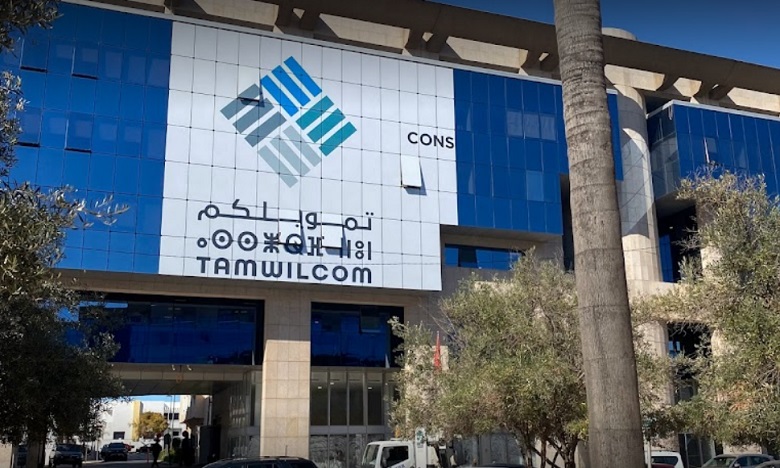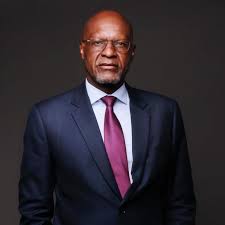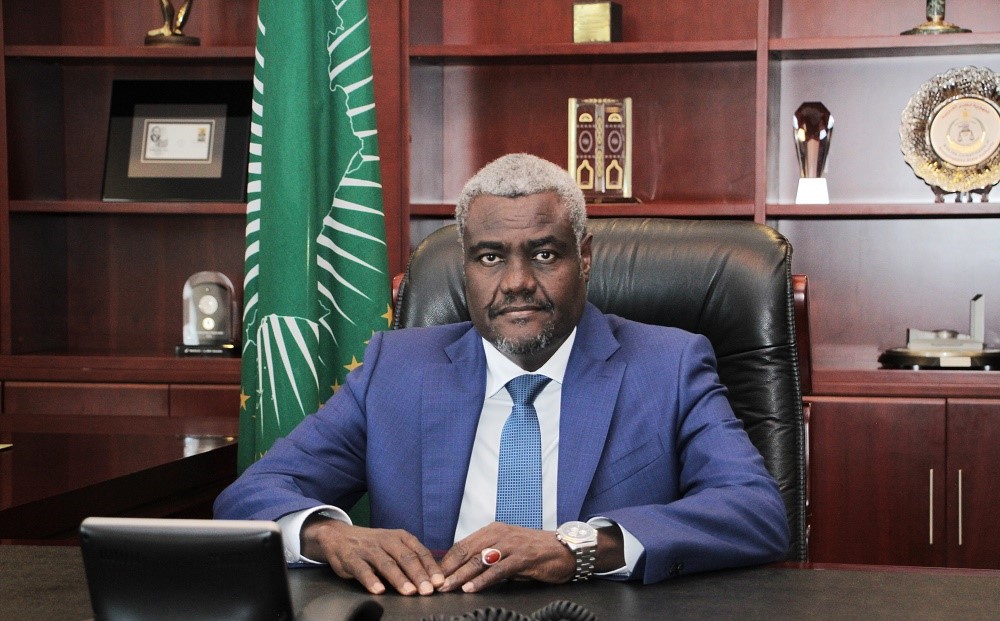CYBER1 Appoints Ethel Nyembe as Executive Director in Africa
Leading end-to-end security solutions provider CYBER1 has announced the appointment of Ethel Nyembe as an executive director for Africa. As an integral part of the executive committee, Nyembe will work across all businesses in South Africa.
Group president and executive director of CYBER1 Robert Brown said: “We are thrilled to welcome Ethel on board. She brings a wealth of expertise, a visionary approach and a proven ability to navigate the complexities of our industry. I am confident that she will lead CYBER1’s business in South Africa to new heights of success.”
He said in her new role, Ethel will be an instrumental voice in the organisation as she adds her flair to the business and culture, which will enable her to seamlessly transition into the organisation and quickly start working with the team to scale the company’s business operations and go-to-market strategies.
“We’re looking to grow our footprint by further investing in our cybersecurity capabilities
“As I embark on this exciting journey, my first few months will be dedicated to building meaningful relations. I believe in the power of collaboration and understanding. That begins with spending valuable time with our valued customers, forging strong partnerships with vendors and fostering a deep sense of camaraderie within our exceptional internal team,” Nyembe said.

“By immersing myself in these interactions, I aim to gain valuable insights, listen intently to the needs and aspirations of our stakeholders, and cultivate an environment of shared success. Together with the collective wisdom of our customers, the trust of our vendors and the dedication of our internal team, we will chart a course for innovation, growth and lasting impact at CYBER1.”
She says it’s a great time to join the CYBER1 team. “We’re looking to grow our footprint by further investing in our cybersecurity capabilities. The technical knowledge and expertise across the company, along with the total professionalism and relentless focus on quality, puts us in a unique position to build upon our existing service portfolio and address the full cybersecurity lifecycle for our clients. Our aim is to remain their trusted advisor of choice and continue to help them build true resilience into their businesses.”
Read also : Kenyan Climate Tech Startup Octavia Carbon Secures Funding for Carbon Capture Technology
Nyembe joins the company after a long and successful career in banking. She spent the last 13 years at the Standard Bank Group, where she held several senior positions in retail banking, leaving as head: Group card and payments.
She participates on several boards, including sporting, commercial and advisory boards. Attributing her success to her core strengths in leadership, agility and adaptability, Nyembe has acquired her higher education in South Africa culminating with a master’s degree from the Gordon Institute of Business Science with a globally published dissertation.
“I am very excited to join CYBER1. The company’s core values and focus on people really set them apart in the market. My aim is to leverage my skills and experience in finance and customer services to enhance our customers relationships and operational efficiency,” she said.
Kelechi Deca

Kelechi Deca has over two decades of media experience, he has traveled to over 77 countries reporting on multilateral development institutions, international business, trade, travels, culture, and diplomacy. He is also a petrol head with in-depth knowledge of automobiles and the auto industry

